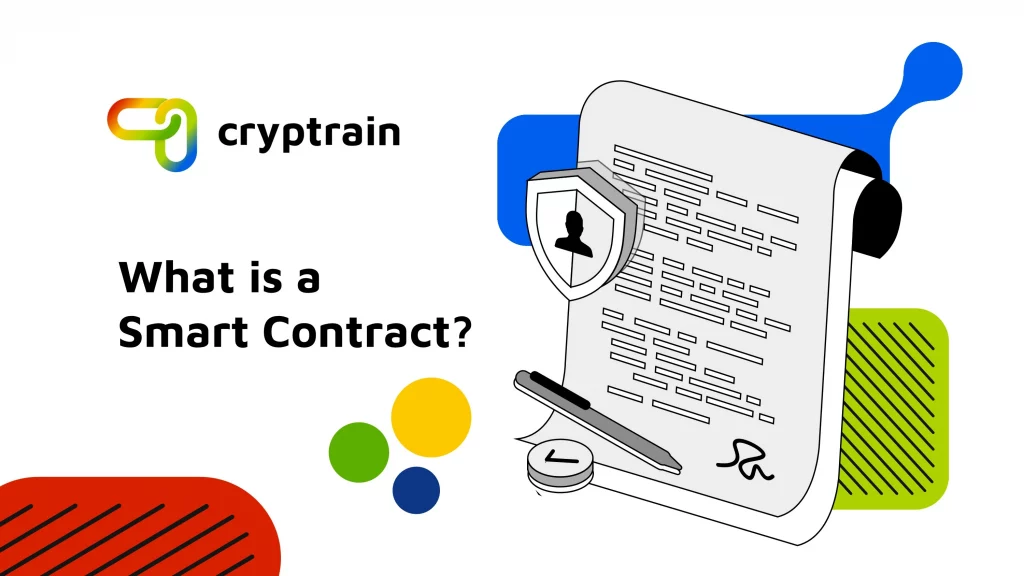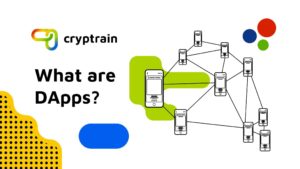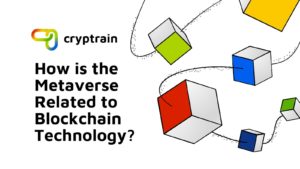
Smart contracts are one of the most revolutionary applications of blockchain technology and are the primary driving force behind some of the most disruptive blockchain platforms, networks, and protocols.
A smart contract is, in simple terms, an automated agreement that can be executed without the need for a third-party arbitrator. Smart contracts are written in code, and are executed on a blockchain — in most cases, smart contracts are used to automate the execution of an agreement without counterparty risk.
Smart contracts have far more applications than simply facilitating agreements. However, the highly programmable nature of smart contracts makes it possible to create automated workflows, complex financial products and protocols, or create decentralized applications.
Smart contracts exist on blockchains that operate with a virtual machine, such as the Ethereum network. Some of the most important innovations to emerge from the development and widespread use of smart contracts include decentralized crowdfunding, decentralized finance, or DeFi, and decentralized borrowing and lending protocols.
What is Blockchain Technology?
Smart contracts exist on blockchain networks. Blockchain technology is the foundation upon which cryptocurrencies and digital assets such as Bitcoin or Ethereum operate.
A blockchain is, in the simplest form, a decentralized ledger that is maintained by a group of network participants working together in a decentralized manner. Blockchain networks are secured using cryptography — network participants collectively maintain the ledger, validate transactions, and prevent attackers from interfering with the validity of transactions.
Smart contracts exist on blockchain networks and are typically composed in the native programming language of the blockchain, such as Ethereum’s Solidity. One of the most important advantages of blockchain technology is transparency — anyone can read a smart contract on an open blockchain in order to verify that it performs the task it is intended to.
What are Smart Contracts Used For?
There are many different applications and use cases for smart contracts. At a basic level, smart contracts can be used to facilitate trades without the need for a centralized cryptocurrency exchange, or in a variety of other payment and lending applications that require escrow or the deposit of funds before an agreement is finalized.
Smart contracts can also be used for digital identity purposes. A blockchain platform that verifies identity data, for example, would make it possible for an individual to tokenize their identity information on the blockchain and then choose when and how much identity data they share using smart contracts without the need for centralized verification.
Smart contracts also hold the potential to revolutionize industries and agreements that are typically associated with significant administrative friction, such as the real estate industry. Smart contracts can be used to replace the role of a broker in the sale of real estate, streamlining the transfer of assets between parties.
Existing applications of smart contracts have revolutionized the way organizations collect launch capital, offer lending services, or facilitate digital asset trading. The initial coin offering model, which has evolved into a variety of token offering models such as initial exchange offerings or initial decentralized exchange offerings, makes it possible for blockchain ventures to capture startup capital without the need for traditional VC or equity.
Decentralized finance services cover a broad range of applications, such as smart contract-driven liquidity pools and automated market makers that facilitate instantaneous asset trades without counterparties. Decentralized exchanges use smart contracts to allow digital asset holders to trade with one another without the need for a traditional centralized orderbook or custody provider.
What are the Benefits of Smart Contracts?
Smart contracts remove the need for trust in agreements, making it possible to execute agreements without counterparty risk. Blockchain smart contracts provide transparency, immutability, and trust enforced by code.
By eliminating intermediaries such as third-party arbitrators, centralized custodians, or escrow services, smart contracts streamline interactions between stakeholders in any kind of agreement and prevent third-party manipulation.
The immutable and transparent nature of blockchain technology ensures that smart contracts are highly visible and auditable, with all smart contract transactions committed to a blockchain that cannot be tampered with.
Smart Contract Development
Smart contract development requires specialized knowledge. In order to create and deploy smart contracts, a developer must have a robust understanding of blockchain languages such as Solidity or Vyper on Ethereum and Rust on Solana.
In addition to extensive experience with blockchain technology and cryptography, a smart contract developer should also possess strong technical skills in background languages such as C/C++, as well as Javascript and Python experience.
While smart contract development is far from simple, smart contract developers are some of the most highly sought-after talents in the blockchain industry.
Smart Contract Developer Roles
Building any kind of blockchain protocol, platform, or business that relies on smart contracts necessitates engaging the services of or hiring a smart contract developer. Finding the right smart contract developer for your business, however, can be a complicated process.
Verifying the experience and competency of a smart contract developer can be a complicated, time-consuming process that incurs a significant cost — in order to find the best fit for a role, many blockchain businesses and enterprises must screen hundreds of applicants.
Cryptrain provides blockchain and cryptocurrency enterprises with a streamlined, frictionless smart contract developer hiring process. Cryptrain’s AI-powered screening technology leverages artificial intelligence to analyze and verify the code published by smart contract developers, automating the screening process to provide businesses with the ability to focus on finding the right person for a role.
Contact Cryptrain today for a no-obligation, zero-cost discussion on how we can streamline your hiring process and help you find the best blockchain developer to create your vision.



